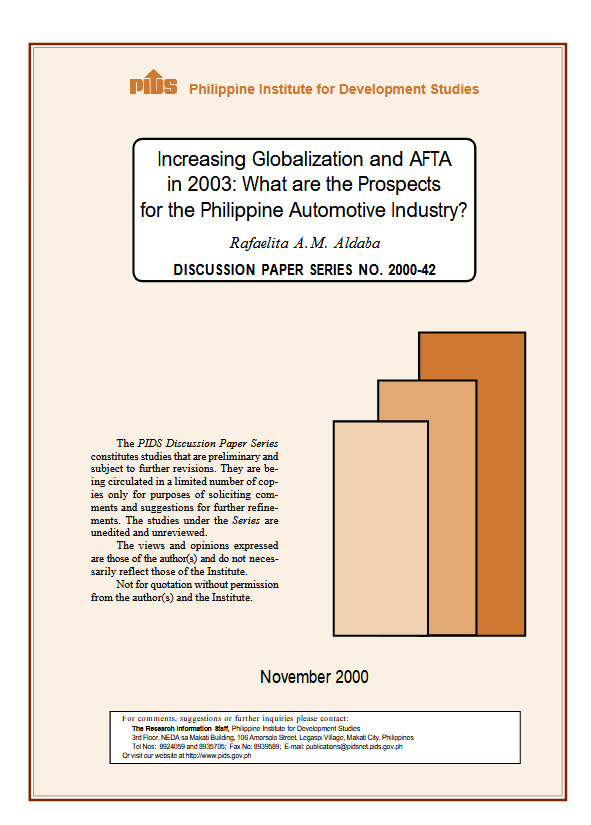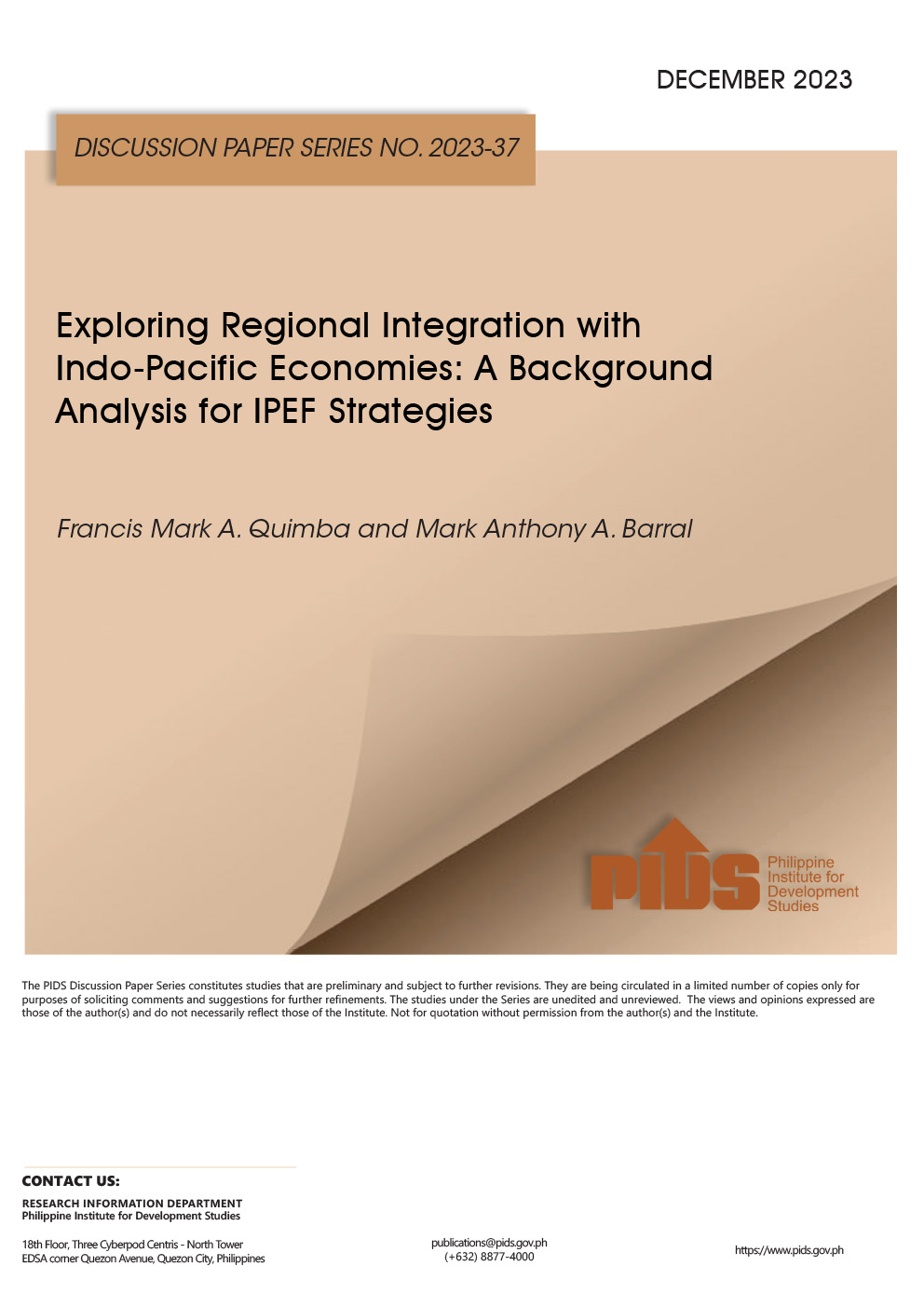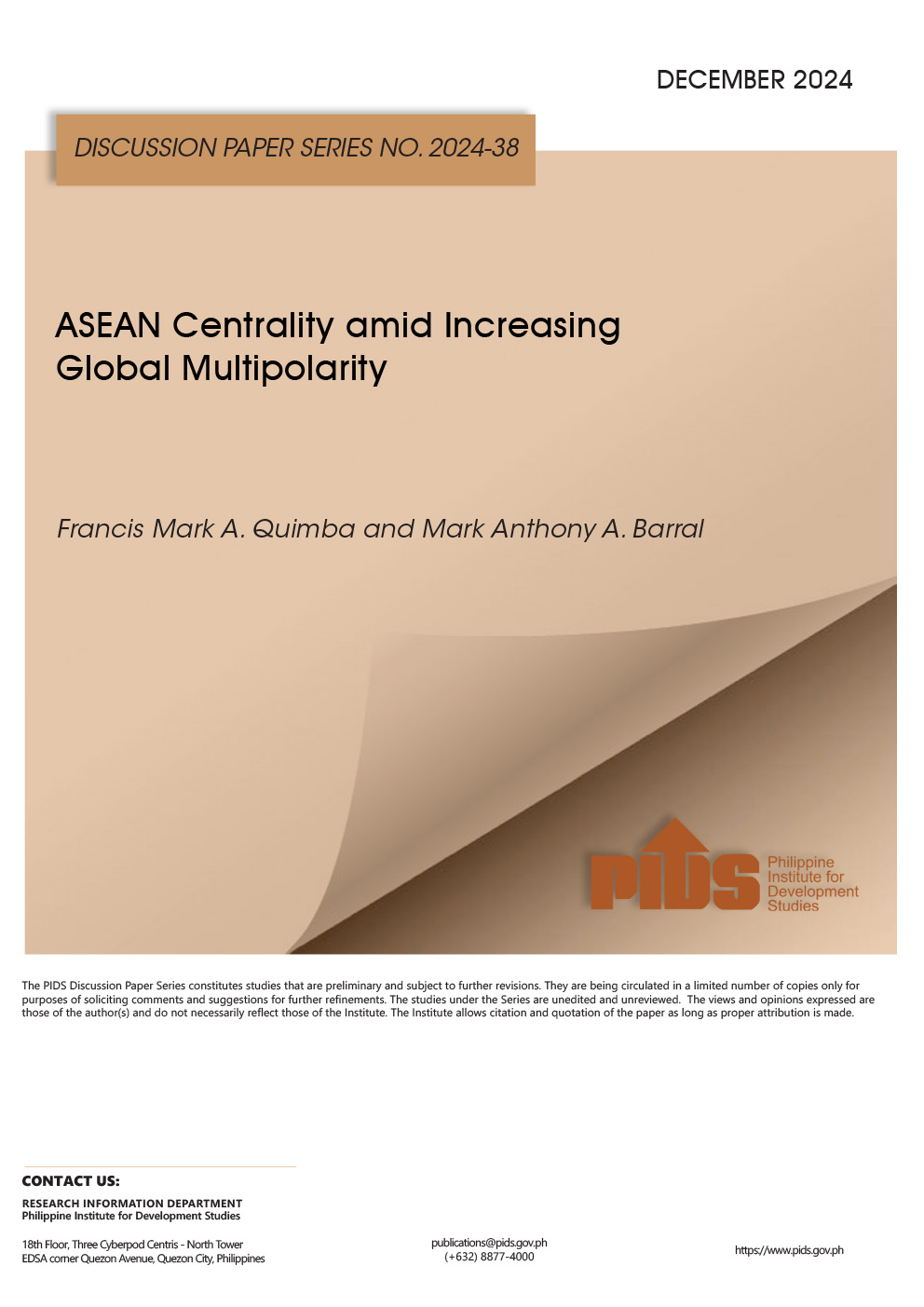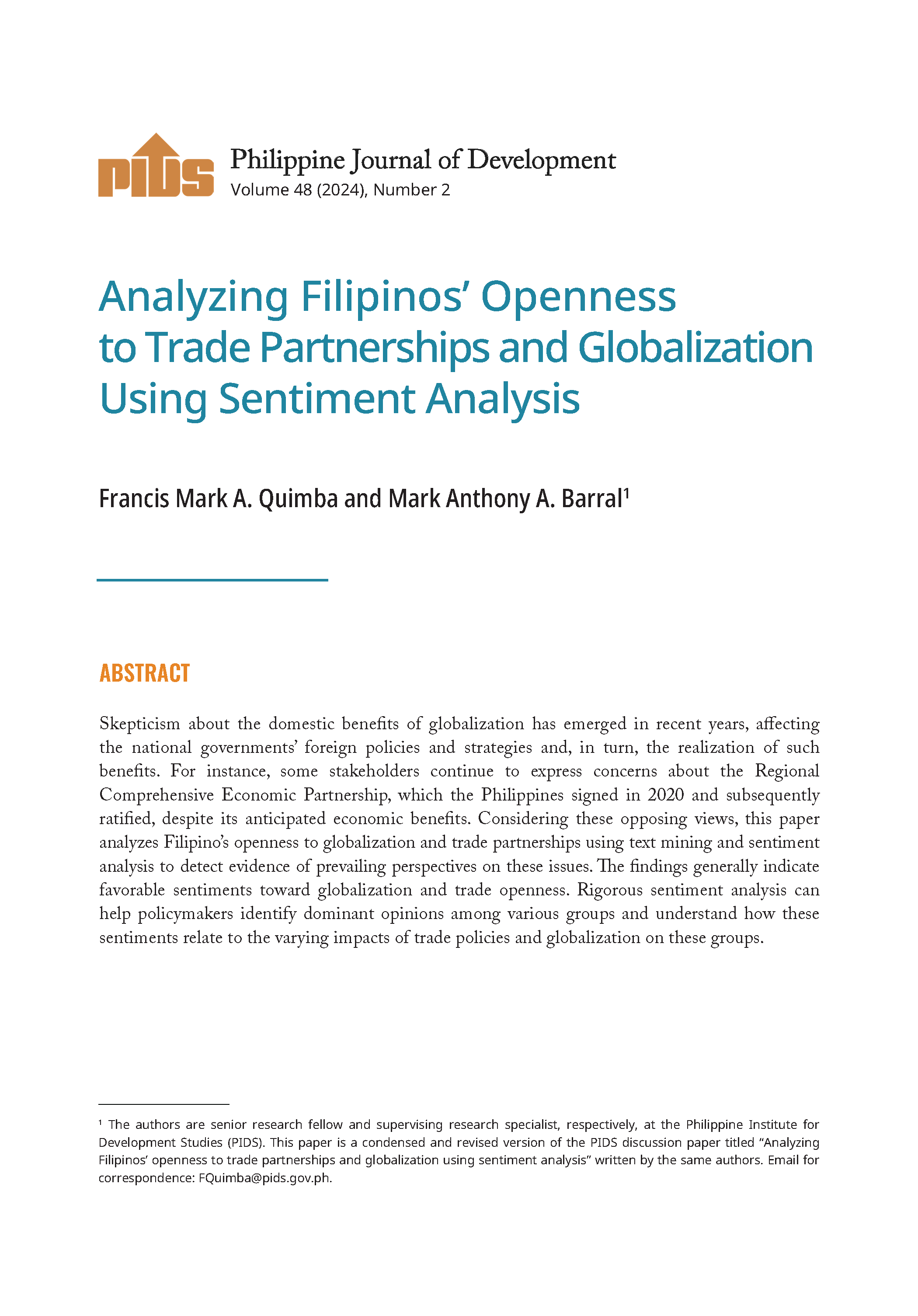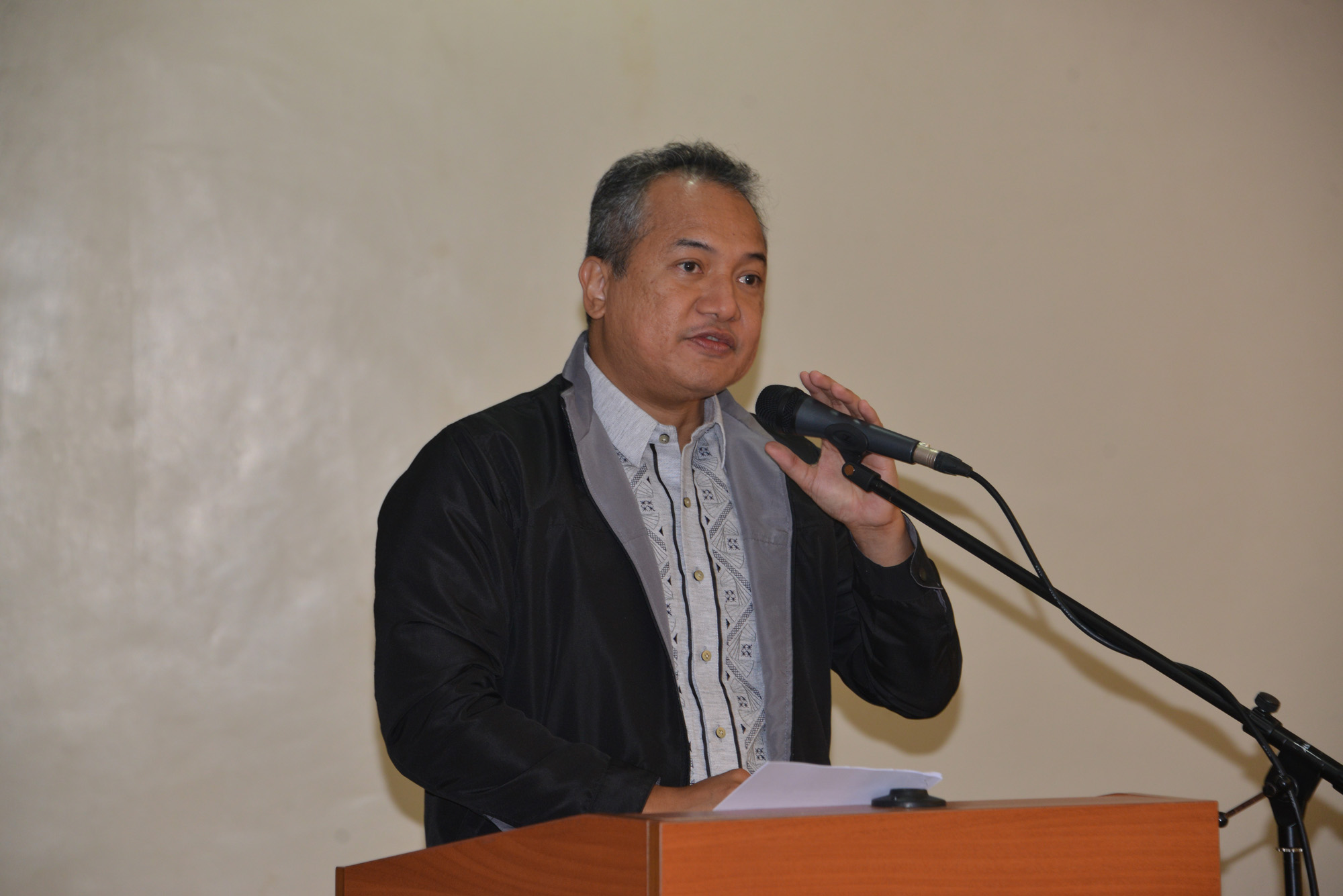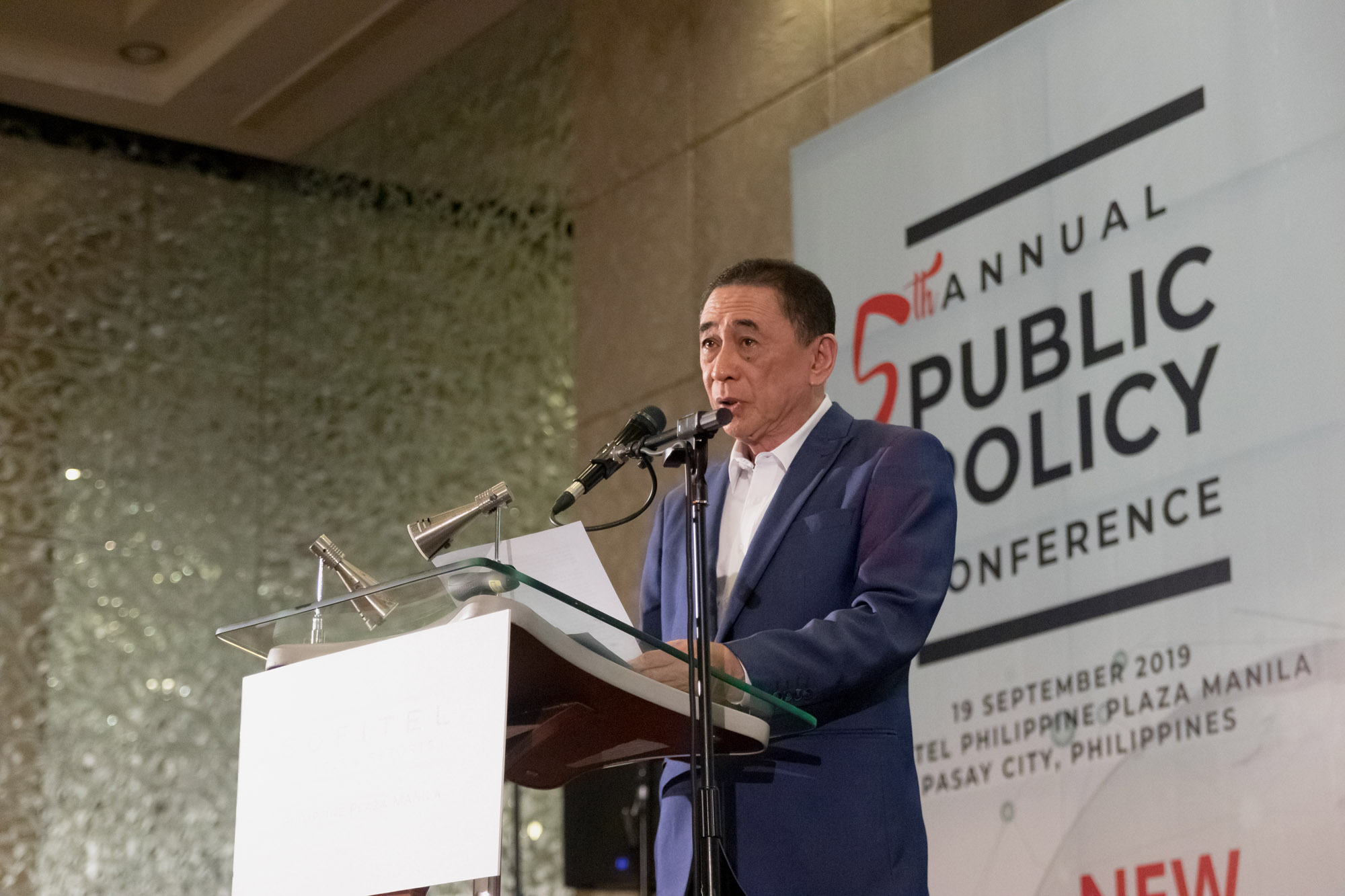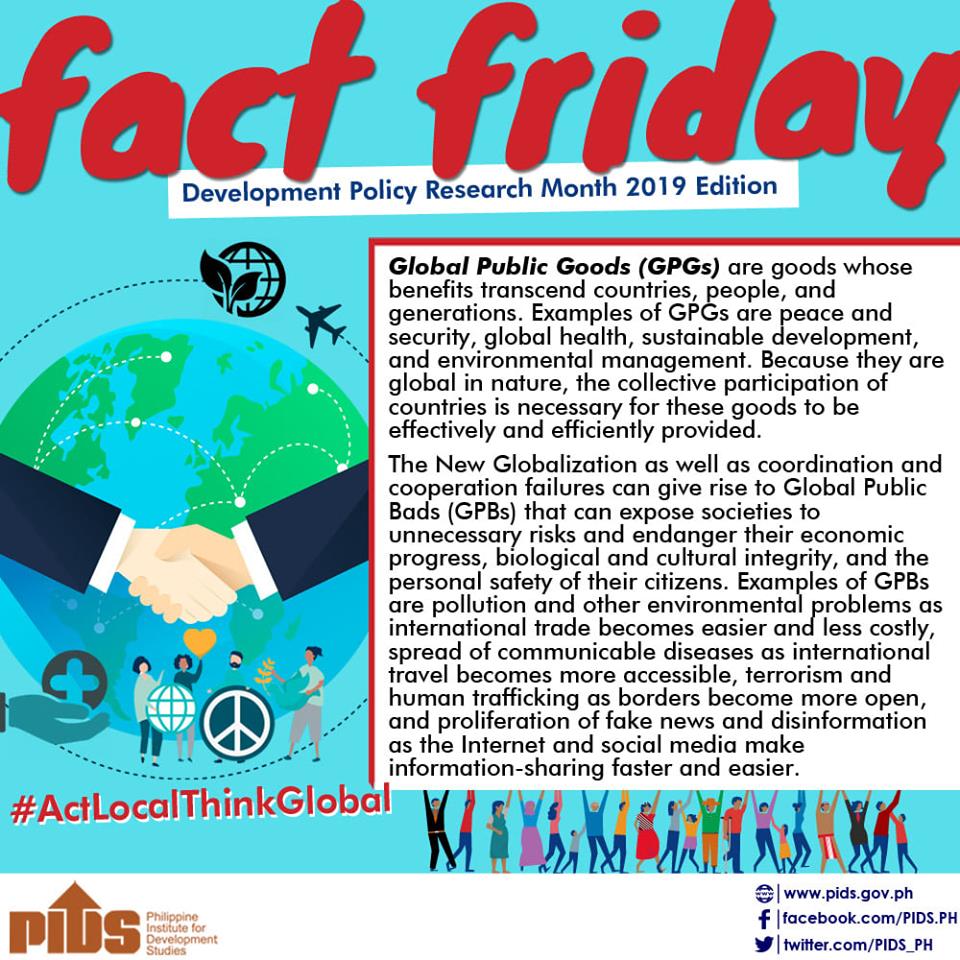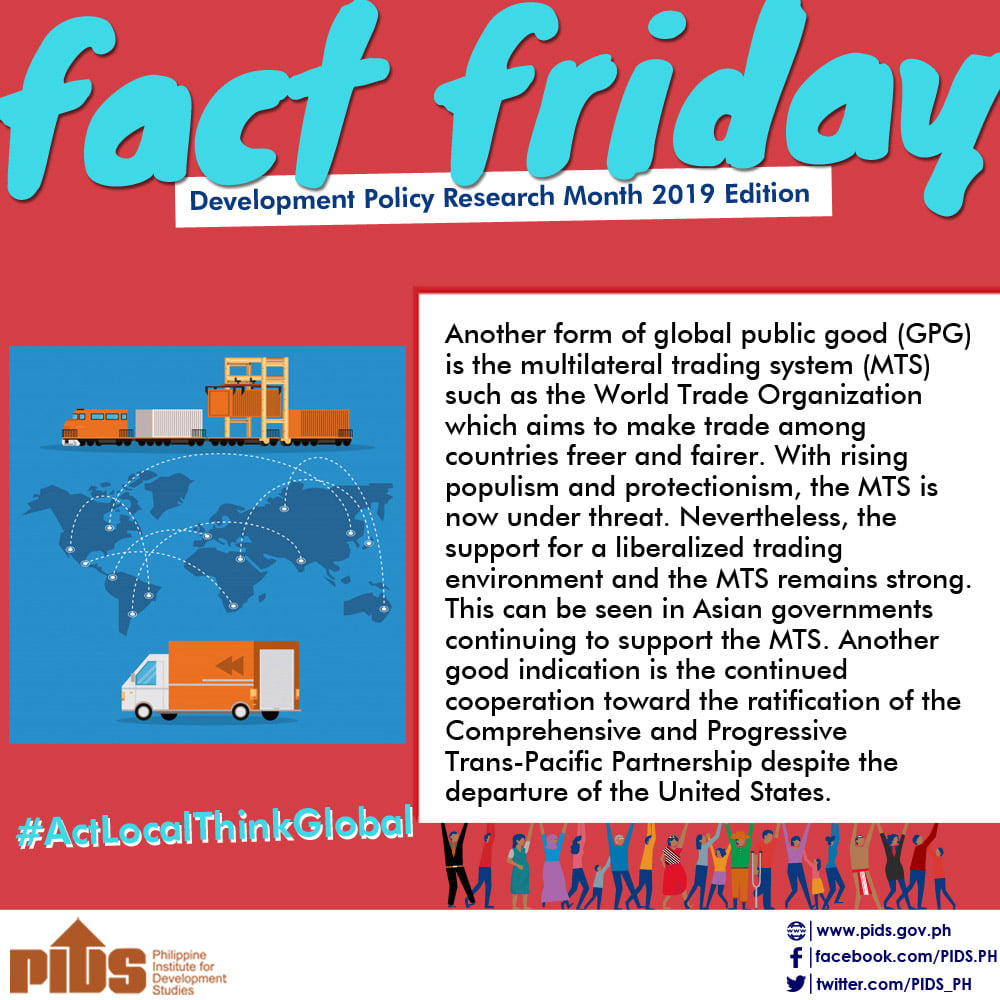The Common Effective Preferential Tariff (CEPT) scheme represents the main mechanism to remove barriers to intra-ASEAN trade. Its adoption will entail intraregional tariffs ranging from zero to five percent. AFTA and the increasing globalization (which occurs through trade and foreign direct investment) of the automotive industry poses both risks and opportunities for us. The opportunities would come from the effects of a bigger market and liberalization combined with the cost advantages that firms in the country may offer. However, some sectors fear that the AFTA-CEPT plan would precipitate the industry's total demise as domestic firms would not be able to compete in a more liberalized environment. This paper traces the government policies that have shaped the development of the Philippine automotive industry. It assesses the performance and industry structure that evolved in response to the changing government policies. It also examines the strategies of firms in anticipation of the liberalized environment brought about by AFTA 2003.
Citations
This publication has been cited 1 time
- Ofreneo, Rene E.. 2008. Arrested development: Multinationals, trims and the philippines' automotive industry. Asia Pacific Business Review,14, no. 1, 65-84. Taylor & Francis Journals.

